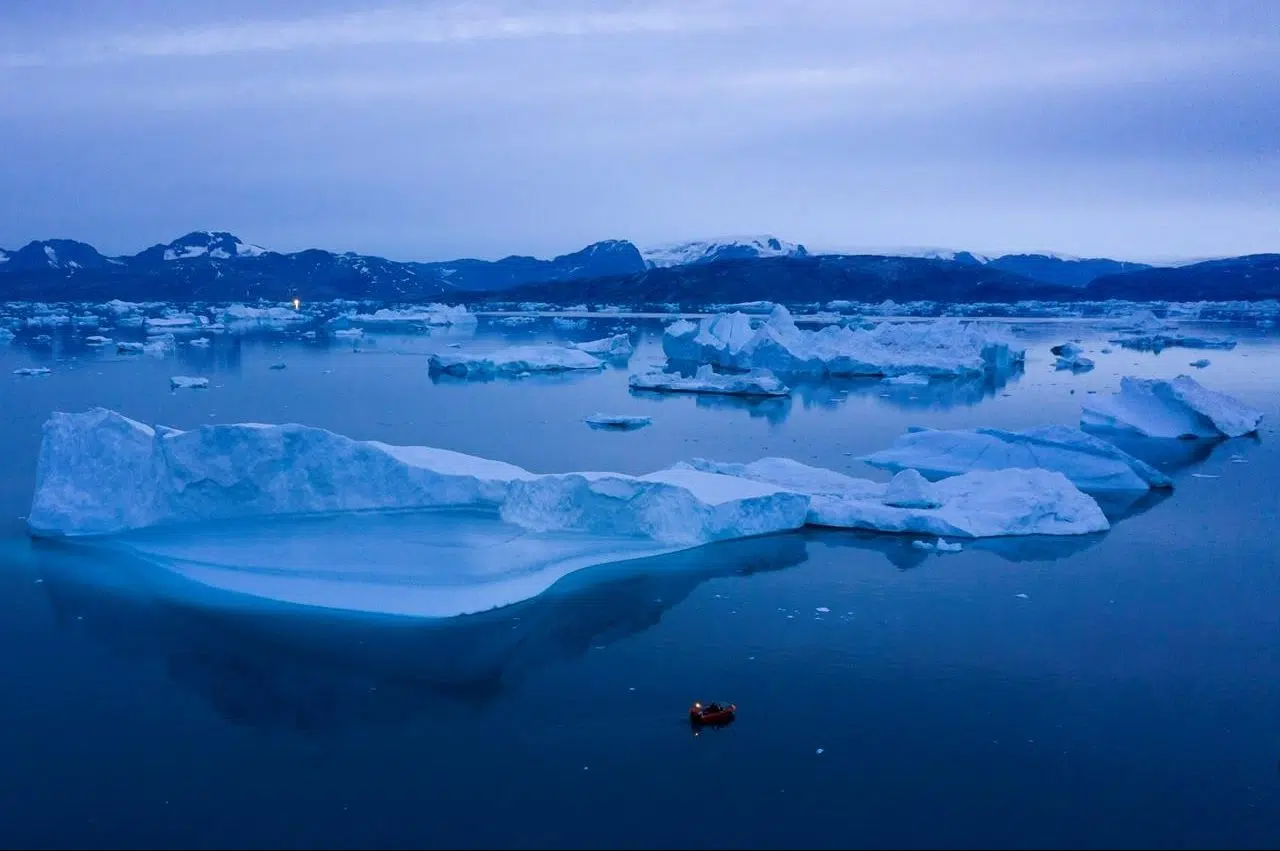Damage to Earth’s oceans and glaciers from climate change is outpacing the ability of governments to protect them, a new report from an international scientific panel concludes.
“The capacity of governance systems in polar and ocean regions to respond to climate change impacts has strengthened recently,” says the Intergovernmental Panel on Climate Change.
“But this development is not sufficiently rapid or robust to adequately address the scale of increasing projected risks.”
The panel released its report, the work of more than 100 authors from around the world, at a scientific gathering in Monaco. A companion to a recent report on the effect of a warming climate on land, the document lays out what’s in store for oceans, glaciers and permafrost.
It concludes that if nothing improves, the effects will be severe – and Canada will not escape.
Arctic communities will be most directly affected.
“The shrinking cryosphere in the Arctic and high-mountain areas has led to predominantly negative impacts on food security, water resources, water quality, livelihoods, health and well-being, infrastructure, transportation, tourism and recreation, as well as culture of human societies, particularly for Indigenous peoples,” the report says.
More than 120,000 Canadians live in northern communities.
By 2060 – within the lifetime of about half of Canadians now living – coastal floods off British Columbia and the Maritimes that used to occur once a century will be annual events, it says.
Water availability across Western Canada will be disrupted.
Crucial kelp forests and seagrass meadows that nurture sea life off both east and west coasts are threatened. Kelp forests shelter thousands of species, from fish to seals to seabirds.
“The decline of kelp forests is projected to continue in temperate regions due to warming, particularly under the projected intensification of marine heatwaves, with high risk of local extinctions,” says the report.
And while animals in Arctic seas are expected to increase, that comes at the price of dramatic declines everywhere else in the world.
The report gives short shrift to those continuing to doubt the impact of human-caused climate change.
“Global warming has led to widespread shrinking of … ice sheets and glaciers, reductions in snow cover, Arctic sea ice extent and thickness and increased permafrost temperature,” it says. All of those statements are rated “very high confidence,” which is as confident as the report’s careful language allows itself.
It says scientists are now “virtually certain” that the oceans have warmed unabated since 1970. Since 1993, it’s likely the rate of warming has more than doubled, with more than 90 per cent of excess heat going straight into salt water.
There is between 99 and 100 per cent certainty the oceans are growing more acidic from the amount of carbon they have absorbed.
Permafrost temperatures around the globe are now at record levels. Arctic and boreal permafrost currently stores almost twice as much carbon as the atmosphere, carbon that could be released if the soil melts.
The report notes that while the globe is now locked in to decades of disruption from current greenhouse gas levels, almost all of the negative effects can be softened by reduced emissions.
It ends with a plea for governments to co-operate, calling for “profound economic and institutional transformative change.”
“Co-operation and co-ordination among governing authorities across scales, jurisdictions, sectors, policy domains and planning horizons can enable effective responses to changes in the ocean (and) cryosphere,” it says.
“This highlights the urgency of prioritizing timely, ambitious, co-ordinated and enduring action.”
This report by The Canadian Press was first published Sept. 25, 2019.
Bob Weber, The Canadian Press







